Women* in Computing Workshop
Opportunities and Obstacles in a Tech Career
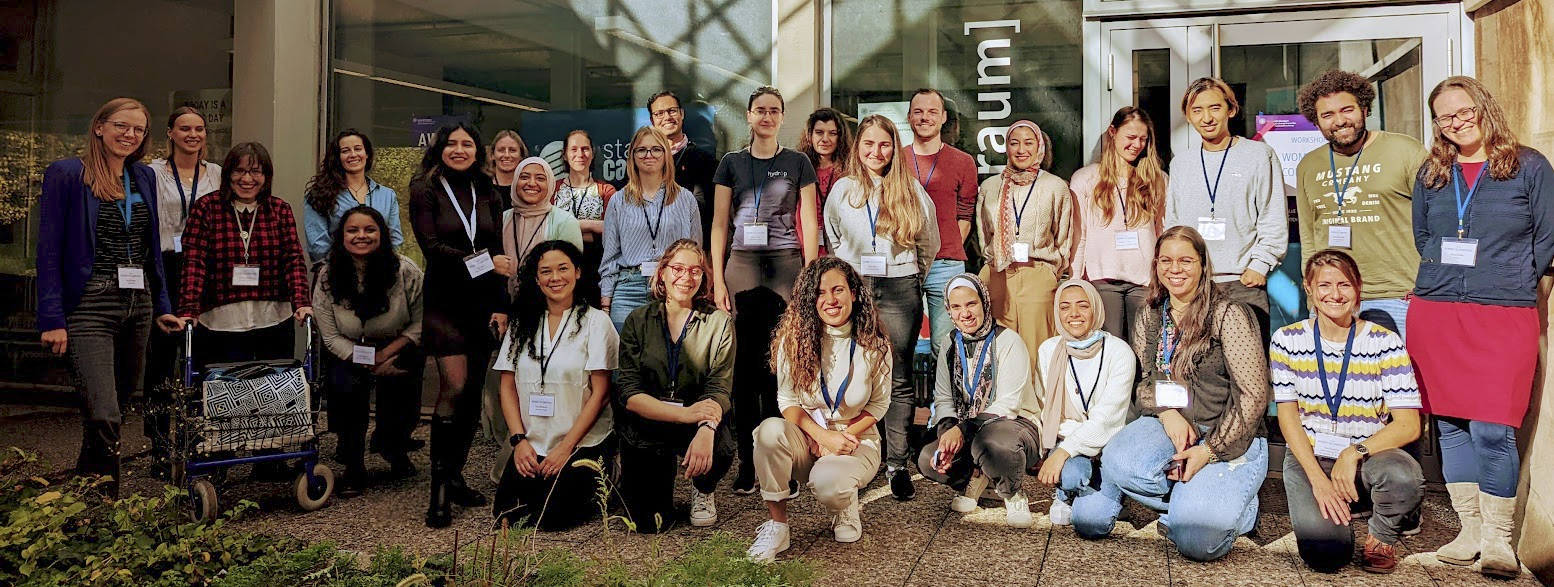
Thursday, June 22, 2023
University of Konstanz
After overwhelmingly positive feedback to our first event last year, we are delighted to announce the second Workshop on Women* in Computing!
In this half-day workshop, we highlight various research opportunities and career paths for excellent researchers in the field of computing, with reflections on gender equality and diversity. We have invited a select number of successful researchers from industry and academia, who will take the stage to share their perspectives and unique insights into their careers and research domains. With this event we aim to foster mentorship in career development for young (female) researchers by establishing and strengthening a network of Women* in Computing.
Agenda
| 11:00-12:00 | Discussions on the Workshop Series (SFB-internal) |
|---|---|
| 12:00-12:30 | Opening and Welcome (with finger food) |
| 13:00-13:30 | Flash introductions |
| 13:30-15:30 | Speaker session I
|
| 15:30-16:00 | Coffee break |
| 16:00-18:00 | Speaker session II
|
| 18:00-18:30 | Group discussions (with finger food) |
| 18:30-19:00 | Concluding discussion and closing |
| 20:00-22:00 | Working dinner: Planning WiC ‘24 (organizers + speakers) |
Invited talks
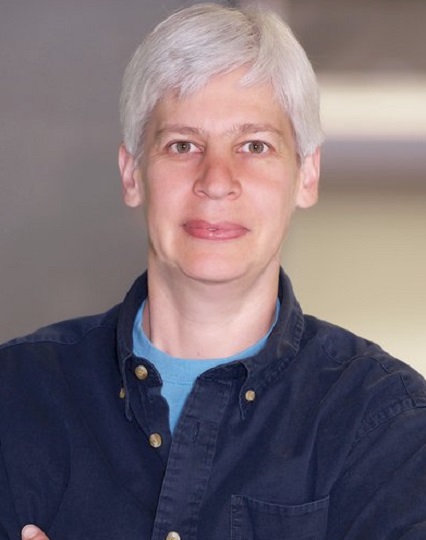
Perspectives from Computing in South Asia
by Miriam Butt | General and Computational Linguistics Group, Universität Konstanz
Short bio ▼
Prof. Miriam Butt received her PhD in 1994 from Stanford University. After working at the Universities of Tuebingen, Stuttgart, Konstanz and at UMIST, Manchester as a researcher and lecturer, in 2003 she took up a professorship for general and computational linguistics at the University of Konstanz. She is interested in theories and architectures of grammars and has worked mostly on morphosyntactic phenomena from South Asian languages and how they interface with semantics, discourse interpretation and prosody. She translates her linguistic knowledge into helping to build computational applications, with a particular focus on building resources for the under-resourced languages of South Asia. Butt has written and co-authored several books, among them a Cambridge Textbook on case (Theories of Case) and a handbook on grammar engineering (The Grammar Writer's Cookbook). Over the last decade, she has engaged in multidisciplinary cooperations with Computer Science and Political Science and has been working on Visual Analytics for linguistic structure (LingVis) on two major areas: 1) historical language change; 2) the linguistic cues and framing strategies used in political discourse.
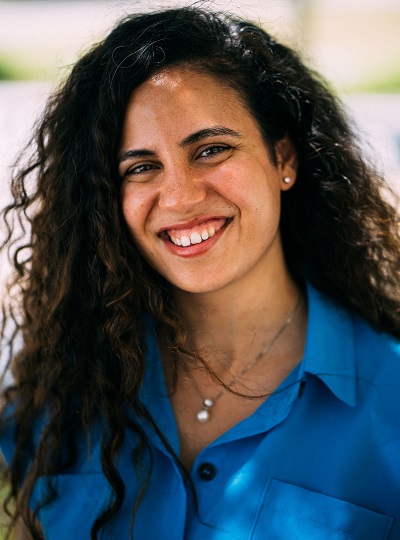
Where Can I Go to do Some Science this Summer: Travel Grants
Passant Elagroudy | Postdoctoral Researcher, DFKI (German Centre for Artificial Intelligence)
Short bio ▼
--coming soon--
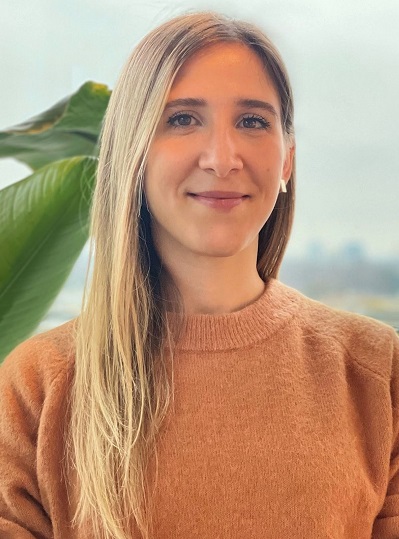
Implementing Digital Solutions in Pharma Manufacturing
Enxhi Gjini | Digital Innovation Team, Takeda
Short bio ▼
Enxhi is a Digital Innovation Lead in Global Manufacturing & Supply Chain in Takeda Pharmaceuticals. She is a Computer Scientist by background and has 4 years of experience in industry. Her professional focus lies on how innovation and digital technologies can automate, optimize processes and drive business transformation. For the past 2.5 years in Takeda her main focus has been implementing Augmented & Virtual Reality, Advanced analytics, and paperless solutions across Takeda’s manufacturing network.
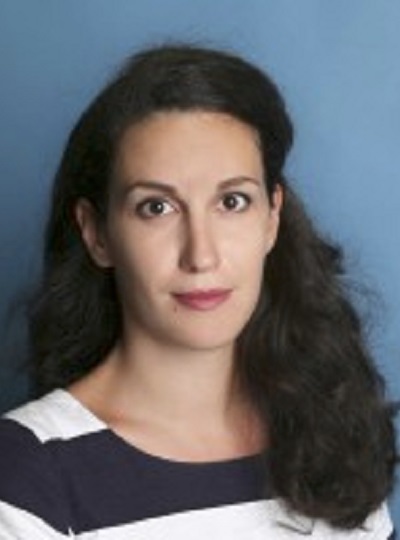
What on earth is a scientific manager? Doing research the industrial way
by Andrea Šipka | Data Science and its Applications, German Research Center for Artificial Intelligence (DFKI)
Short bio ▼
Andrea Šipka is a scientific manager for Data Science and its Applications at the German Research Centre for Artificial Intelligence (DFKI). As a manager of a new research department, Andrea's to-do list is both long and varied - acquiring funding, establishing industrial partnerships, recruitment and HR, managing the delivery of projects in industry, academia, and the charity sector, and managing initiatives such as the Data Science for Social Good summer fellowship, and doing research (when time permits). Prior to joining DFKI, she was a doctoral researcher in Social Computing at the University of Zurich, Switzerland. She worked on the Data Science for Social Good initiative at the Alan Turing Institute and the University of Warwick (UK) and spent four years at IBM as a software engineer and release lead. She holds an MSc in Data Science from the University of Padua, Italy, and a BSc in Mathematics with Computer Science from the University of Southampton, UK.
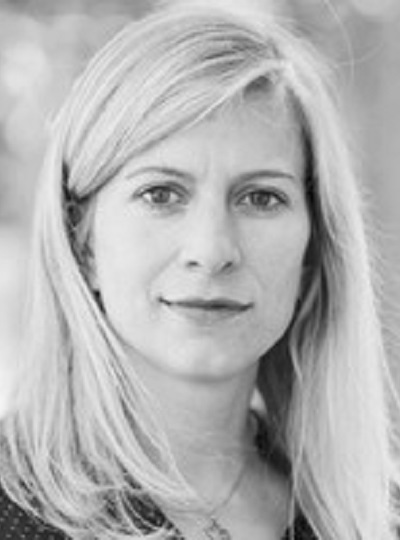
From Data to Discoveries: Advancing Drug Design, Embracing Open Science, and Building Your Academic Career
by Andrea Volkamer | Data Driven Drug Design, Saarland University
Short bio ▼
Andrea Volkamer recently started her group as full professor at Saarland University in 'Data Driven Drug Design' (2022). Before she was an assistant professor in 'Structural Bioinformatics and in silico Toxicology' at the Institute of Physiology, Charité Universitätsmedizin Berlin. After earning her PhD from the University of Hamburg (2013), with focus on computational active site and druggability predictions, Andrea Volkamer worked at BioMedX Innovation Center, Heidelberg, as a PostDoc researcher on tools to assist the development of selective kinase inhibitors in collaboration with Merck KGaA (2013-2016). Her main research focus is method development and application at the interface of structural bioinformatics and cheminformatics, with particular interest in structure-enabled machine learning approaches, applied in the context of computational drug design and in silico toxicology. Group Website: https://volkamerlab.org/
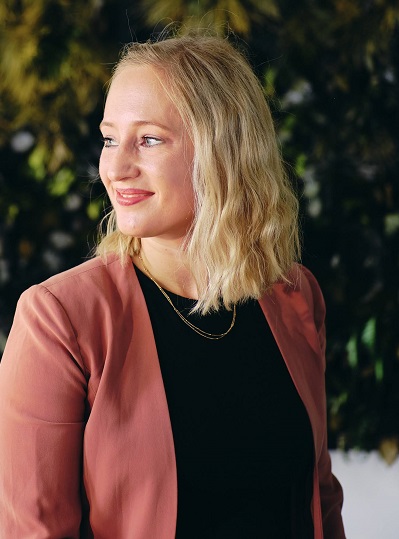
Transitioning from Academia to Industry - Getting your CV ready
Sarah Theres Völkel | Google
Short bio ▼
Sarah Theres Völkel is a Senior User Experience Researcher at Google in Munich, Germany. In that role, she investigates how to keep children safe online. Prior to joining Google, Sarah did her PhD in Human-Computer Interaction at LMU Munich, supervised by Prof. Heinrich Hussmann and Prof. Albrecht Schmidt. Her PhD focused on imbuing conversational agents, such as voice assistants and chatbots, with personalities and tailoring these personalities to individual user preferences. During her PhD, she did an internship at Google and was funded by Audi for three years. During the latter, she worked on an interdisciplinary smartphone sensing project. She holds a M.Sc. in Technical Communication, a B.Sc. in Technical Communication, and a B.Sc. in Computer Science, all from RWTH Aachen University.
Workshop Participation
No registration fees apply. However, sign-up is mandatory as there are limited spots. While registration is accepted on a first-come-first-serve basis, members of SFB-TRR 161 will be given priority. Registrations will be confirmed by email.
Registration form: https://forms.gle/pYuJXeGnhZSpm5Zy8
Event location
The workshop will take place in the Data Theatre (room ZT1204: ZT building, 12th floor). This is only a 4-minute walk from the bus station
Konstanz is very easy to reach with public transportation (train, bus, boat), bike, car or even airplane (Zurich airport).
For general details on how to get to our campus, please check the University website:
https://www.uni-konstanz.de/en/university/about-the-university-of-konstanz/travel-and-campus-map/
Note that Konstanz is a very popular place in summer and hotels fill up quickly. If you require accommodation, book it soon!
Organizing Committee
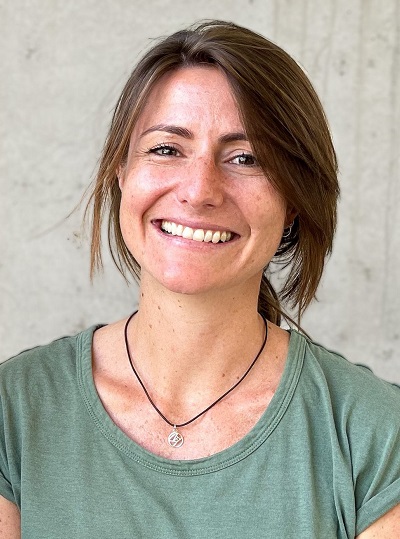
Tiare Feuchtner
Assistant Professor, University of Konstanz
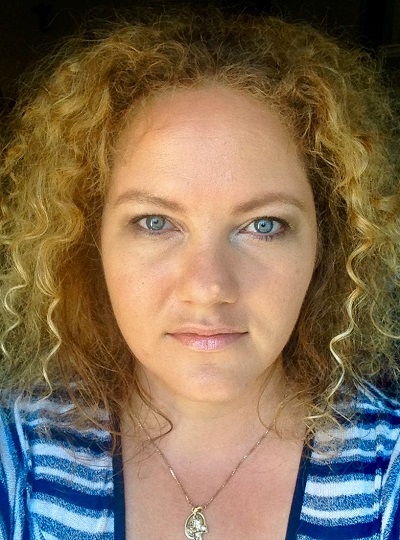
Agnes Grünerbl
Senior Researcher, DFKI (German Centre for Artificial Intelligence)
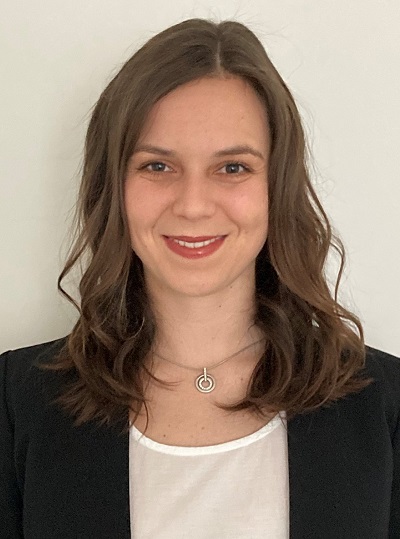
Sabrina Jaeger-Honz
Doctoral Student, University of Konstanz
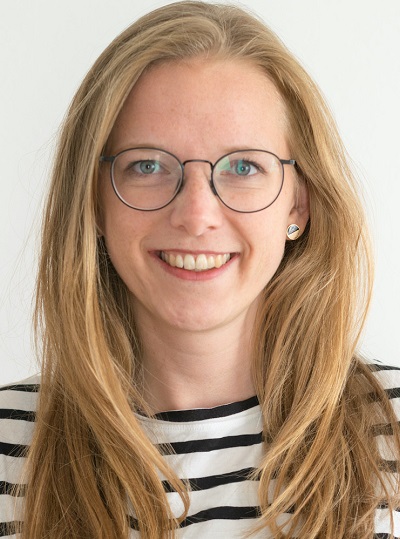
Fiona Draxler
Doctoral Student, LMU Munich

Passant Elagroudy
Postdoctoral Researcher, DFKI (German Centre for Artificial Intelligence)
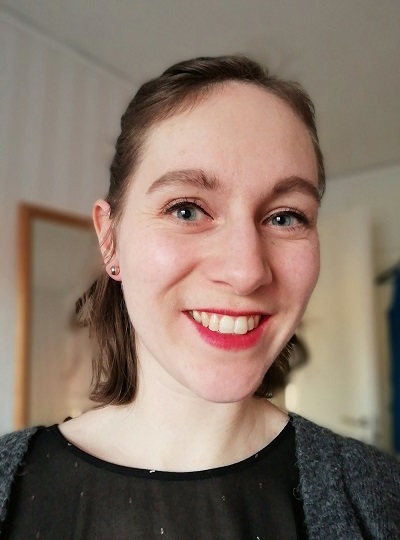
Sita Vriend
Doctoral Student, University of Stuttgart
Previous Versions of the Workshop
Women* in Computing 2022, Stuttgart, Germany
Acknowledgements
This event is supported by the SFB-TRR 161 Quantitative Methods for Visual Computing and the Humane AI net, and hosted at the University of Konstanz.
FOR SCIENTISTS
Projects
People
Publications
Graduate School
Equal Opportunity
FOR PUPILS
PRESS AND MEDIA
© SFB-TRR 161 | Quantitative Methods for Visual Computing | 2019.






